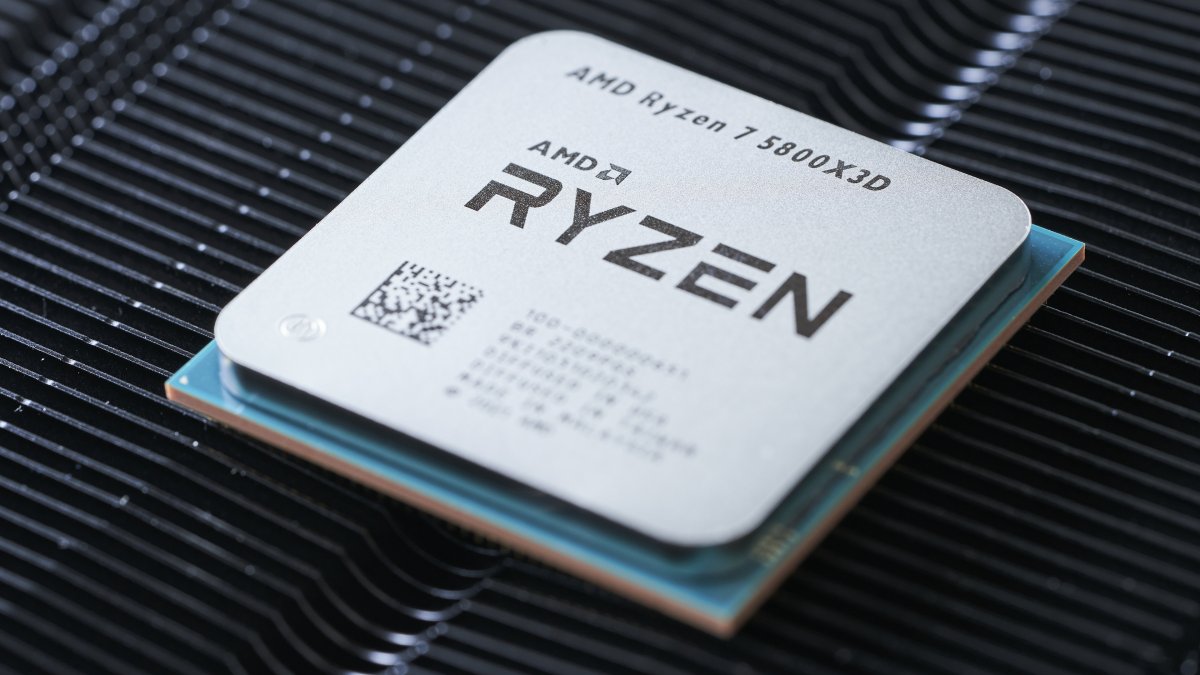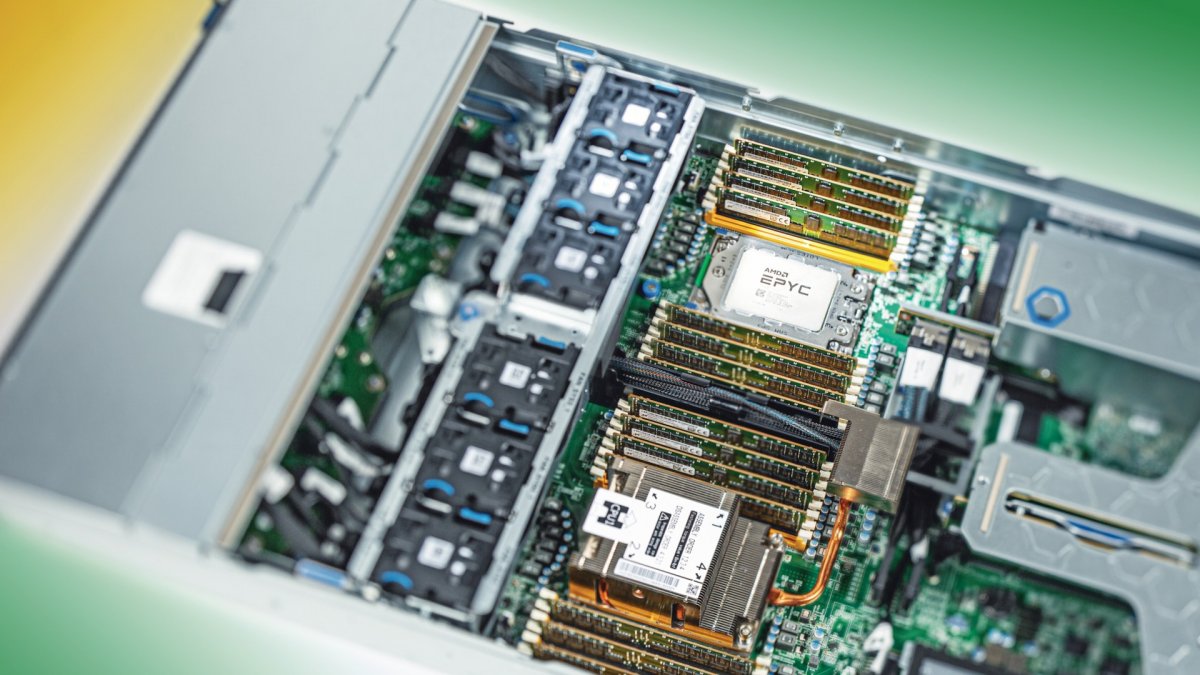Phoronix: PSP 14.0 & Other New AMD Graphics IP Enablement Continues For Linux Ahead Of RDNA4
In recent weeks there have been a lot of open-source AMD Radeon graphics driver patches flying around for the GFX12 graphics engine, Video Core Next 5, and other new graphics intellectual property (IP) blocks that appear to be for next-generation "RDNA4" Radeon graphics. This week yet more patches have been posted publicly...
In recent weeks there have been a lot of open-source AMD Radeon graphics driver patches flying around for the GFX12 graphics engine, Video Core Next 5, and other new graphics intellectual property (IP) blocks that appear to be for next-generation "RDNA4" Radeon graphics. This week yet more patches have been posted publicly...






Comment